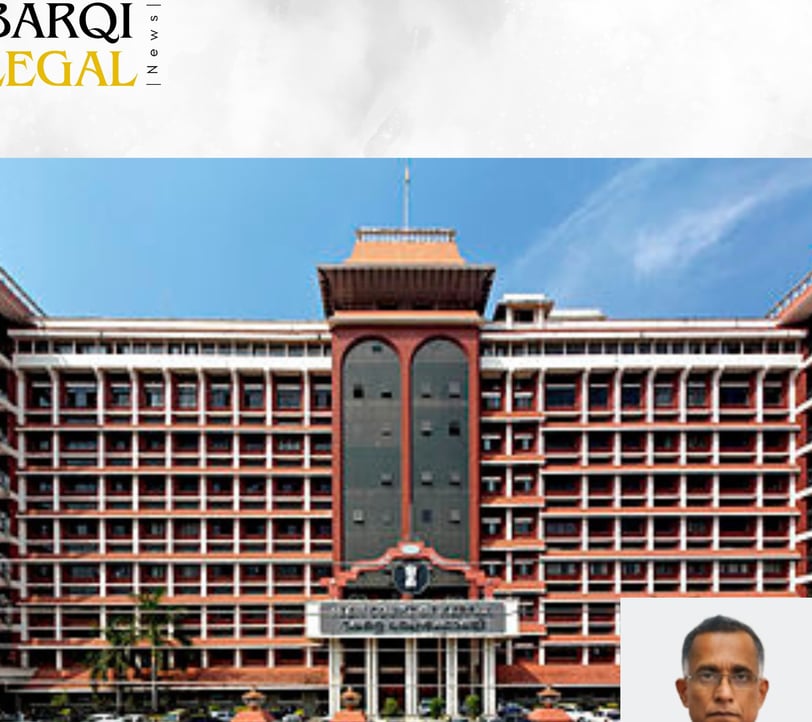Kerala High Court: Retrospective Protection under BNSS for Accused with Unsound Mind or Intellectual Disability.
The Kerala High Court ruled that an accused with Alzheimer's, unable to defend himself, is entitled to protection under the Bharatiya Nagarik Suraksha Sanhita (BNSS).
9/8/20241 min read


A single-judge bench heard a plea from a 74-year-old accused under the Prevention of Corruption Act. The accused, diagnosed with advanced Alzheimer's Dementia, had his counsel argue that he was incapable of defending himself. However, the trial court initially found no evidence of infirmity or unsoundness of mind. Despite this, the special judge ordered a medical evaluation, which confirmed severe dementia, with a further detailed assessment by a psychiatrist recommended.
The trial judge then instructed that the accused could undergo evaluation at the Mental Health Centre in Thrissur, with the Medical Superintendent to issue a report upon his visit. The accused challenged this order in the High Court. Justice Babu observed that mental or intellectual disabilities hinder an accused's right to a fair trial and the ability to mount a defense. The Court also noted that the CrPC outlines specific procedures for cases involving an accused of unsound mind.
The Court noted that Section 105 of the Mental Healthcare Act outlines procedures for judicial processes involving proof of mental illness. The BNSS also includes provisions for accused individuals of unsound mind.
The Court observed that, by incorporating the term "intellectual disability," the Legislature expanded the scope of "incapability of making a defense" in the Sanhita, aligning it with the definition of "mental illness" under the Mental Healthcare Act, 2017.
The Court emphasized that the law must be equally applied and administered among equals, as guaranteed under Article 14. It held that to protect fundamental rights, the provisions of the Sanhita could be applied retrospectively to proceedings initiated before July 1, 2024, and that Section 531 of the Sanhita should not impede the enforcement of these rights.
In the present case, the Court found the special judge's directive for the accused to seek a psychiatric assessment to be incorrect, stating that the judge failed to recognize his duty to determine the accused's mental disability. The Court declared the order illegal and irregular.
